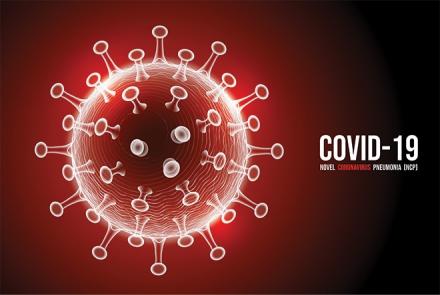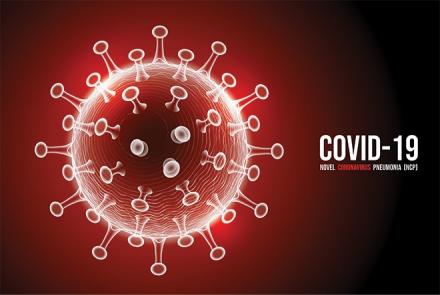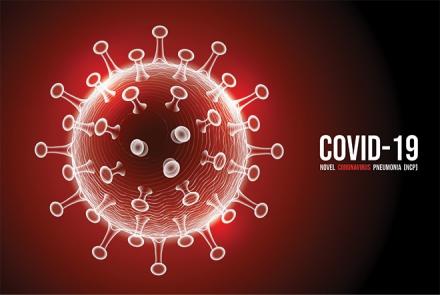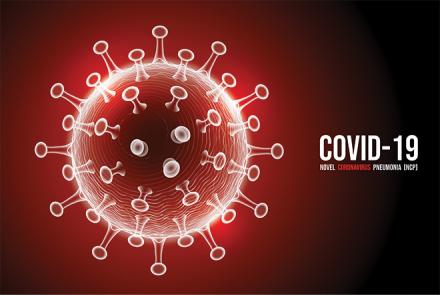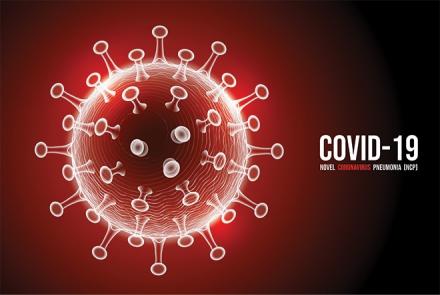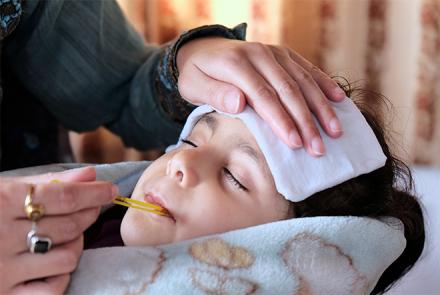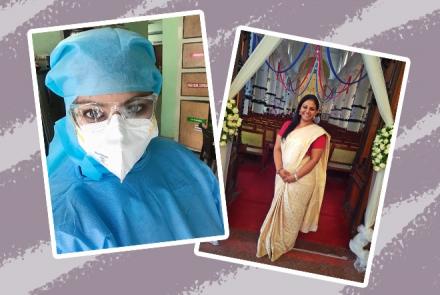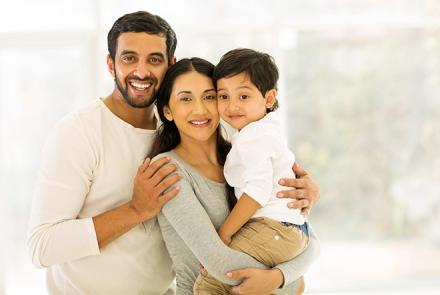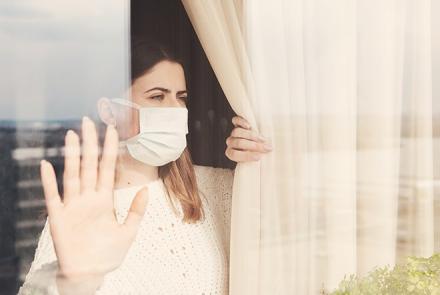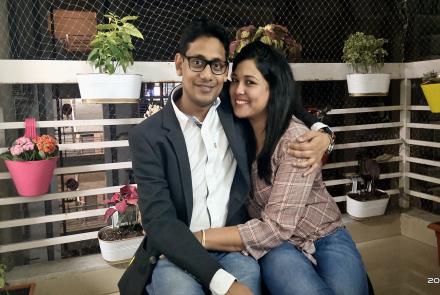
Dr Swati Jha, Director, Community Health & Research at Aga Khan Health Services India, addresses questions about the management of Covid-19 among children and teenagers.
There is a slightly increased incidence of pediatric infection being reported by press in the present 2021 Covid wave in India which has everyone very worried. To put things in perspective, the infection percentage in children in July 2020 was less than 3% of total for 0-20 years, September 2020 was 17% for children below the age of 17 for the country. In March 2021, it is 20% of total for children up to 20 years of age in Mumbai in Maharashtra.
The increase in pediatric infection could be due to several reasons- one increased incidence across all age groups, which has a spillover in children, second is the possibility of the UK virus (B.1.1.7 variant) being able to infect children more than the usual virus. It could also be that after a year of following Covid appropriate behavior children are now unable to comply with rules and regulations.
Newborns:
For newborns, it has been studied that perinatal (before or during delivery) and horizontal (not through pregnancy and delivery) transmission can occur (although it is uncommon) in newborns and these newborns are at a higher risk of complications at delivery. Majority of babies born with or acquiring Covid right after birth seem to be asymptomatic. Neonates (just born babies) roomed-in with a mother who is Covid positiv, had higher transmission risk, though mode of feeding does not seem to affect infection rate. So breast feeding should be encouraged with the infected mother taking Covid-appropriate precautions.
Presentation/ Symptoms:
The commonest Covid presentation in children still is asymptomatic infection. Fever, Gastrointestinal and mild respiratory manifestations are next. Loss of smell (anosmia) and loss of taste (ageusia) are difficulty to elicit in young children, so reported less frequently. In the more serious cases, lethargy, altered sensorium ( medical condition characterized by the inability to think clearly or concentrate), seizures, sore throat, fatigue, muscle aches (myalgias), oligo-anuria (less than 100ml of urine is produced per day), and skin rash are reported.
Severe or critical disease (acute respiratory distress syndrome, respiratory failure, shock, heart failure, and multiorgan dysfunction, MIS-C or Multisystem inflammatory syndrome in children) is described in less than 1-3% cases world-wide- it is rare but a severe complication in children. Viral co-infections have been reported in around 6% patients. Underlying co-morbidities (underlying malignancy, nephrotic syndrome, chronic disease of kidney, lung, or liver) are associated in 9.9 - 42% of COVID-19 positive children. It is more likely that these conditions are causing the morbidity in these children and COVID-19 is simply an add- on.
Related Reading: My Child Had Neurological Covid-19 Symptoms
Management:
Majority of patients require supportive care including adequate hydration, nutrition and antipyretics. They can be managed at home unless they have co-morbidities or have adverse home conditions. A health care provider should always be consulted in order that higher level care, if required, may be provided in time. Supplemental oxygen therapy is required in moderate to severe cases with all precautions to prevent air-borne Covid-19 spread. Steroids may be helpful in severe cases. Anticoagulation medication may be required in moderate to severe cases with risk factors. More data on the efficacy and safety of antivirals and immunomodulators in children is needed.
Need for hospitalisation for children:
If the parent observes any of the following symptoms in children who are Covid positive - extreme weakness, or breathing problems, if the child is unable to eat/ drink, altered sensorium and the parent thinks a child does not look well, the parent should bring the child to the hospital. Discharge criteria are the same as in adults.
Mental health and Covid-19:
Mental stress in normal and infected children is increasing these days. The main source of anxiety is about separation from parents. This needs an intervention if it affects the child’s well-being.
Related Read: How to Support Your Child Deal With Stress and Anxiety About Covid-19
Vaccine status:
Pfizer, Moderna and J & J vaccine are being tested in children, 12 years and above in the US. Bharat Biotech's anti-coronavirus vaccine 'Covaxin' has been approved for administration on children above the age of 12 years and Serum Institute vaccine 'Covishield' has been approved for those above the age of 18 years so far.
References :
https://timesofindia.indiatimes.com/city/mumbai/maharashtras-cases-in-march-15500-up-to-age-10-among-11-20-its-40000/articleshow/81791703.cms
https://www.dnaindia.com/explainer/report-dna-explainer-covid-19-virus-affecting-more-children-this-time-symptoms-cause-and-solution-2885706
https://www.indianpediatrics.net/covidpapers.htm
https://www.indianpediatrics.net/COVID29.03.2020/RA-00290.pdf
https://www.indianpediatrics.net/COVID29.03.2020/RP-00300.pdf
https://indianpediatrics.net/nov2020/1015.pdf
Kumar A, Nayar KR, Bhat LD. Debate: COVID-19 and children in India. Child Adolesc Ment Health. 2020;25(3):165-166. doi:10.1111/camh.12398 ;https://www.ncbi.nlm.nih.gov/pmc/articles/PMC7361601/
Banerjee S, Guha A, Das A, Nandi M, Mondal R. A Preliminary Report of COVID-19 in Children in India. Indian Pediatr. 2020 Oct 15;57(10):963-964. doi: 10.1007/s13312-020-2004-6. Epub 2020 Jul 28. PMID: 32729849; PMCID: PMC7605489.

